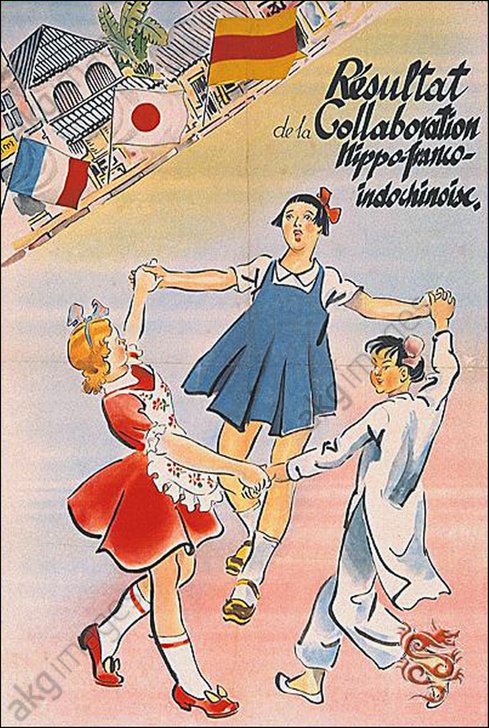Hi all, @ssgtstanleychia here. Thanks @ratuteragung for the kind intro. As my colleague @PostMalayism has just covered race & nationalism in Malaysia, this thread will be about public history: what it is, how to do it, & examples from my own grad school work on Vietnam 1/x ~SLC
Disclaimer: I& #39;m a historian of Southeast Asia, not Vietnam. Examples used to conclude this thread is drawn from my undergrad paper at @UofT & revised for a grad course on public history at @UBC_History. The image above is a 1942 Japanese propaganda poster about Vietnam. 2/x ~SLC
Also, for the purposes of this thread & to keep my narrative simpler, I use Vietnam as opposed to Indochina, even though Indochina during WW2 was composed of Vietnam (Tonkin, Annam, Cochinchina), Cambodia and Laos. But first, what is public history? 3/x ~SLC
Public history can be understood to be history for the public. Public histories & academic histories are not necessarily mutually exclusive, as some historians use public history techniques, & vice versa. But, who you write for changes the burdens of narrative. 4/x ~SLC
As historian Tim Brook points out, "Good history is not necessarily good narrative, but bad narrative is a sure way to cripple good history. Narrative is a performance, and the better the performance, the more likely you as a writer to engage and persuade your reader." 5/x ~SLC
Historians often write (articles, essays, dissertations, books etc) write for specialists in their field. Good public history means writing for readers who are not academics and may have no clue about the narrow field which historians specialize in. 6/x ~SLC
Now, let& #39;s look at ways in which we can write public history. Remember that all historical writing is narrative, in some form or other. What does narrative narrate? How do narrative & hist. material/evidence work together? How do we start writing for a public audience? 7/x ~SLC
In other words, how should we write the beginning? Writers often open an article or book with an incident gives expression to the piece& #39;s themes. Also, maybe writing public history means speaking directly to the reader. However, when and how is that technique effective? 8/x ~SLC

 Read on Twitter
Read on Twitter


